News
-
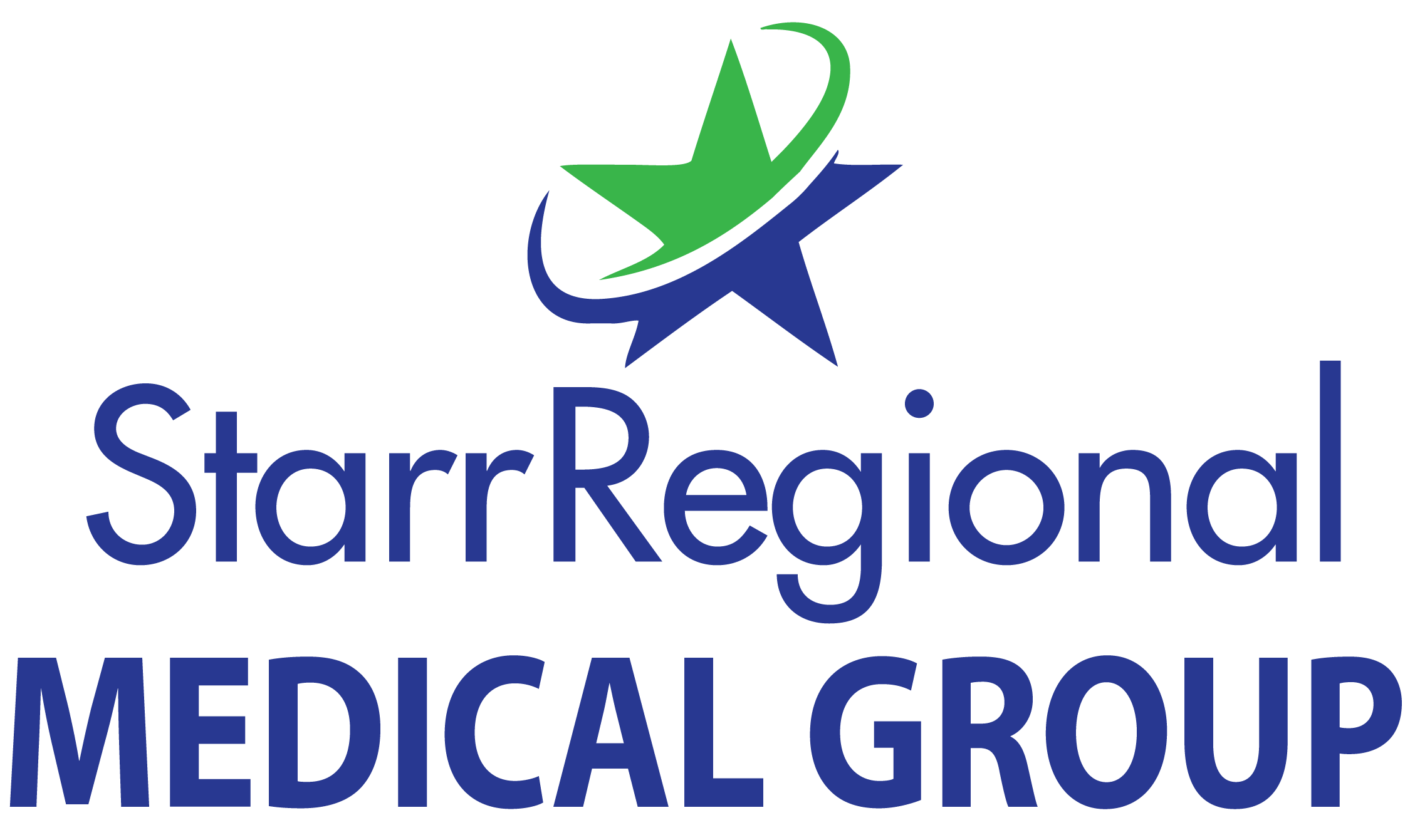
Medical Group Practices Announce New Names to Reflect Affiliation with Starr Regional Medical Center
December 29, 2025Starr Regional Medical Center recently announced that the medical group practices employed by the hospital will feature new names that highlight the practices’ association with Starr Regional Medical Center and the services they provide. The change will be effective January 1, 2026.
Learn more -

Starr Orthopedics & Sports Medicine to offer Saturday Sports Clinic for Athletes
August 20, 2025Clinic to offer sports medicine and orthopedic care for non-emergent injuries for athletes throughout high school football season
Learn more -
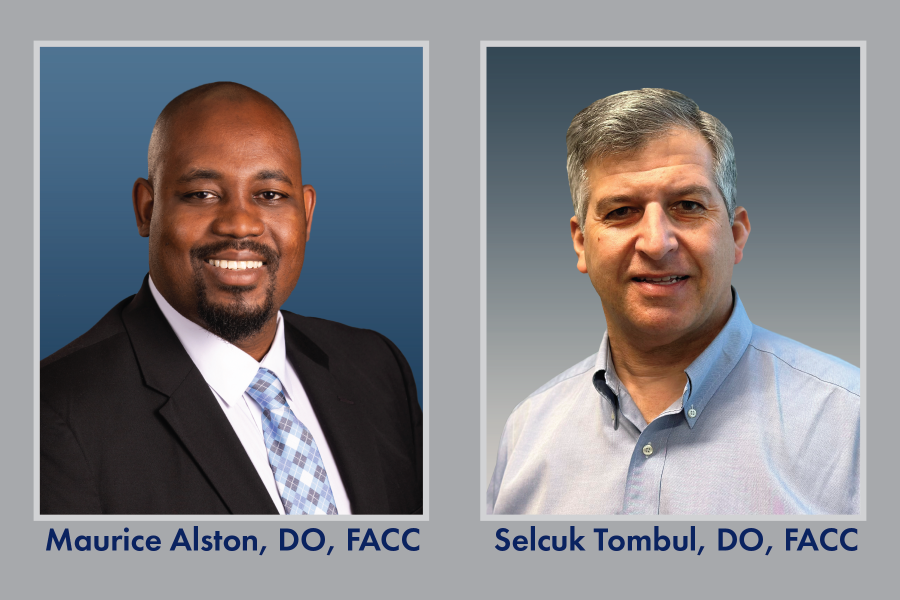
Starr Cardiology Associates welcomes Alston and Tombul
June 20, 2025Starr Cardiology Associates has as announced that Maurice Alston, DO, FACC, and Selcuk Tombul, DO, FACC, have joined its staff and are offering cardiovascular services to patients in McMinn County and the surrounding region.
Learn more -
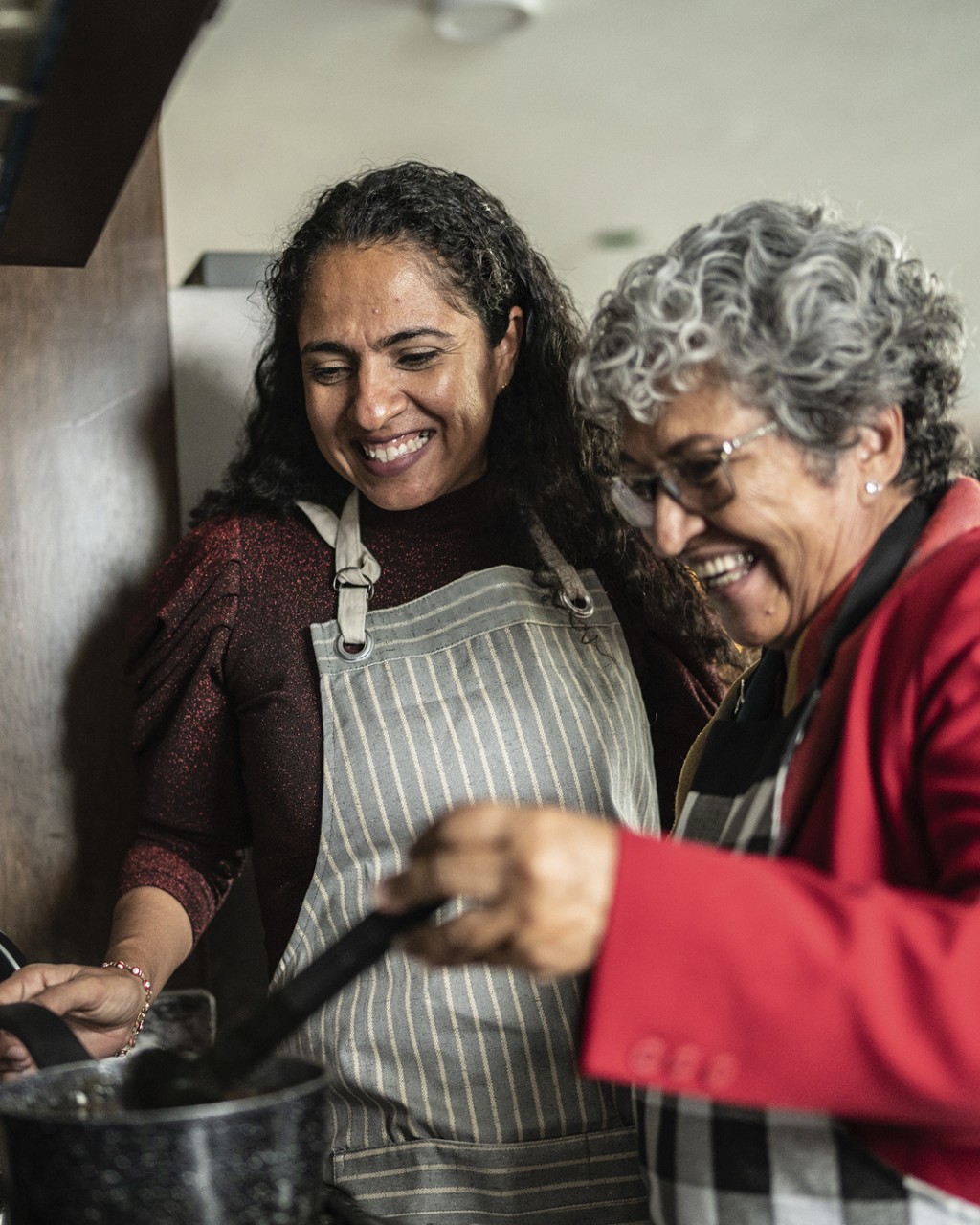
American Heart Month: Building Healthy Habits for a Healthy Heart
February 10, 2025The heart is an amazing muscle. Each day, your heart pumps over 2,000 gallons of blood, circulating oxygen through the 60,000 miles of blood vessels in your body. With so much riding on the muscle, it’s no surprise that heart diseases are the #1 cause of death in the world.
Learn more -
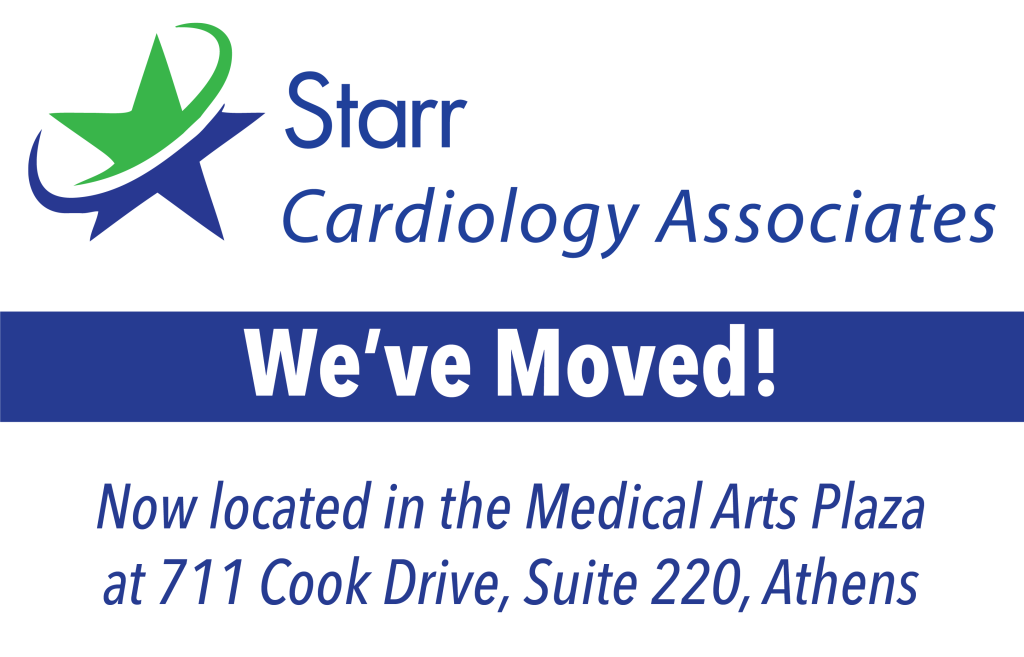
Starr Cardiology Associates is Moving
August 28, 2024Starr Cardiology Associates is moving to the Medical Arts Plaza beginning Tuesday, September 3.
Learn more -

Starr Regional Medical Group welcomes Patrik Centerwall, MD, to two practices
May 22, 2024Starr Regional Medical Group announces that Patrik Centerwall, MD, has joined its staff and will provide family medicine services to patients in Athens, Charleston and the surrounding communities.
Learn more -

Starr Regional Family Practice welcomes Kayla Walker, PA-C, RDMS, VT, MR
May 22, 2024Starr Regional Family Practice announces that Kayla Walker, PA-C, RDMS, VT, MR, has joined its staff and will provide family medicine services to patients in Etowah and the surrounding communities.
Learn more -
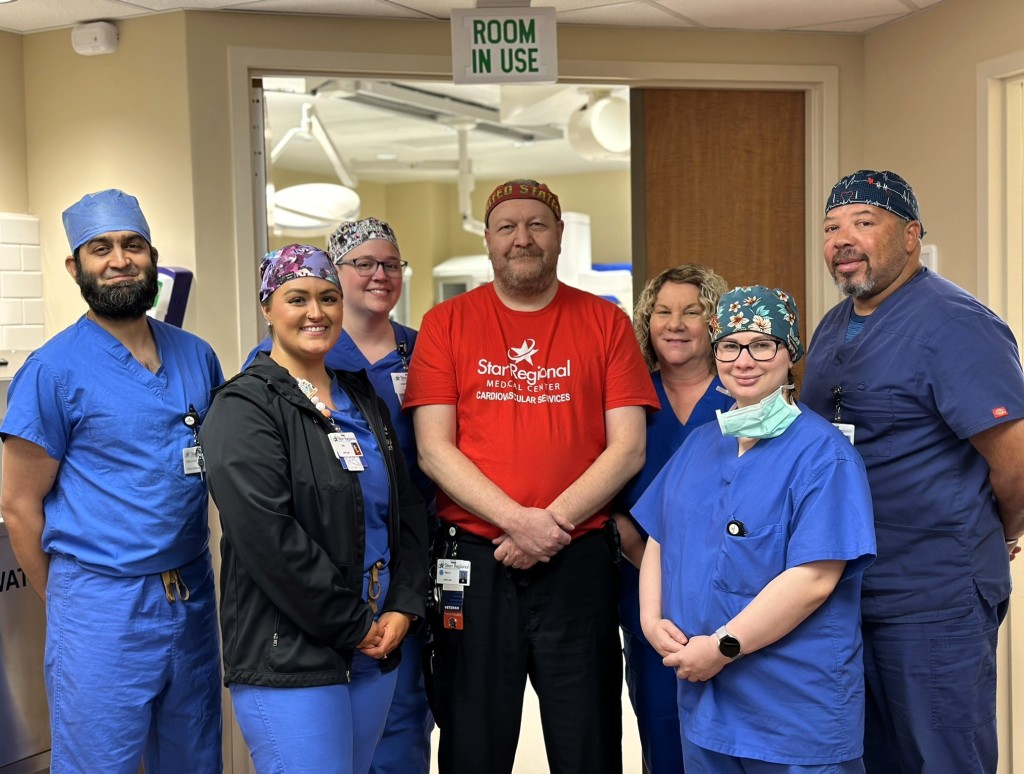
Yasir Akhtar, MD, Successfully Implants New Cardiac Monitoring Technology
April 08, 2024Starr Regional Medical Center (SRMC) announced the successful implementation of an insertable cardiac monitor (ICM), marking a significant advancement in the detection and diagnosis of irregular heart rhythms.
Learn more -
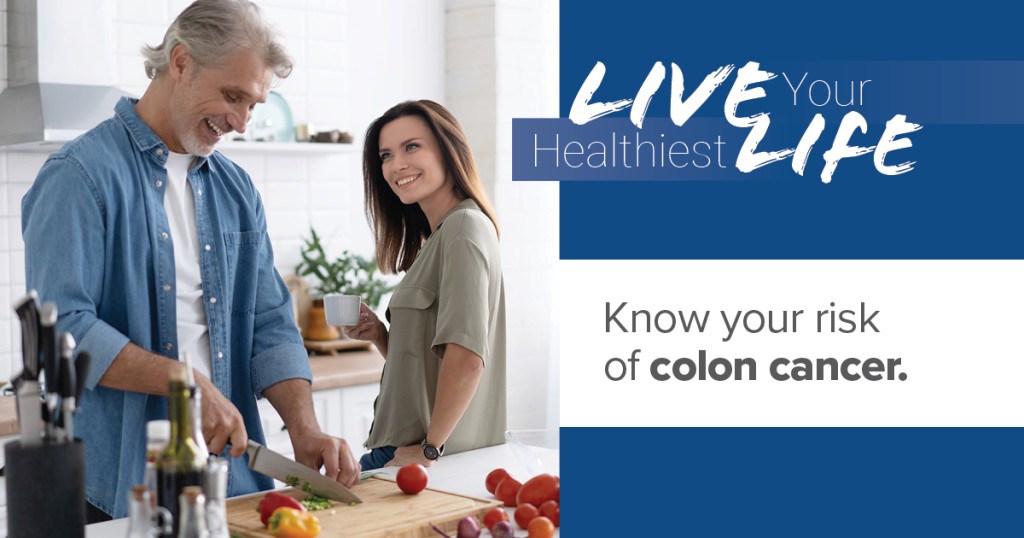
Colon Cancer Awareness Month: Understanding Your Colonoscopy
March 12, 2024Have you had your colonoscopy? If you’re 45 or older, you’ve probably heard this question from someone you know – a doctor, a family member, or a health-conscious friend.
Learn more -

Healthy Habits for a Healthy Heart
February 16, 2024February is American Heart Month – a time to celebrate all our hearts do for us, and to recognize what we can do to keep our hearts healthy.
Learn more -
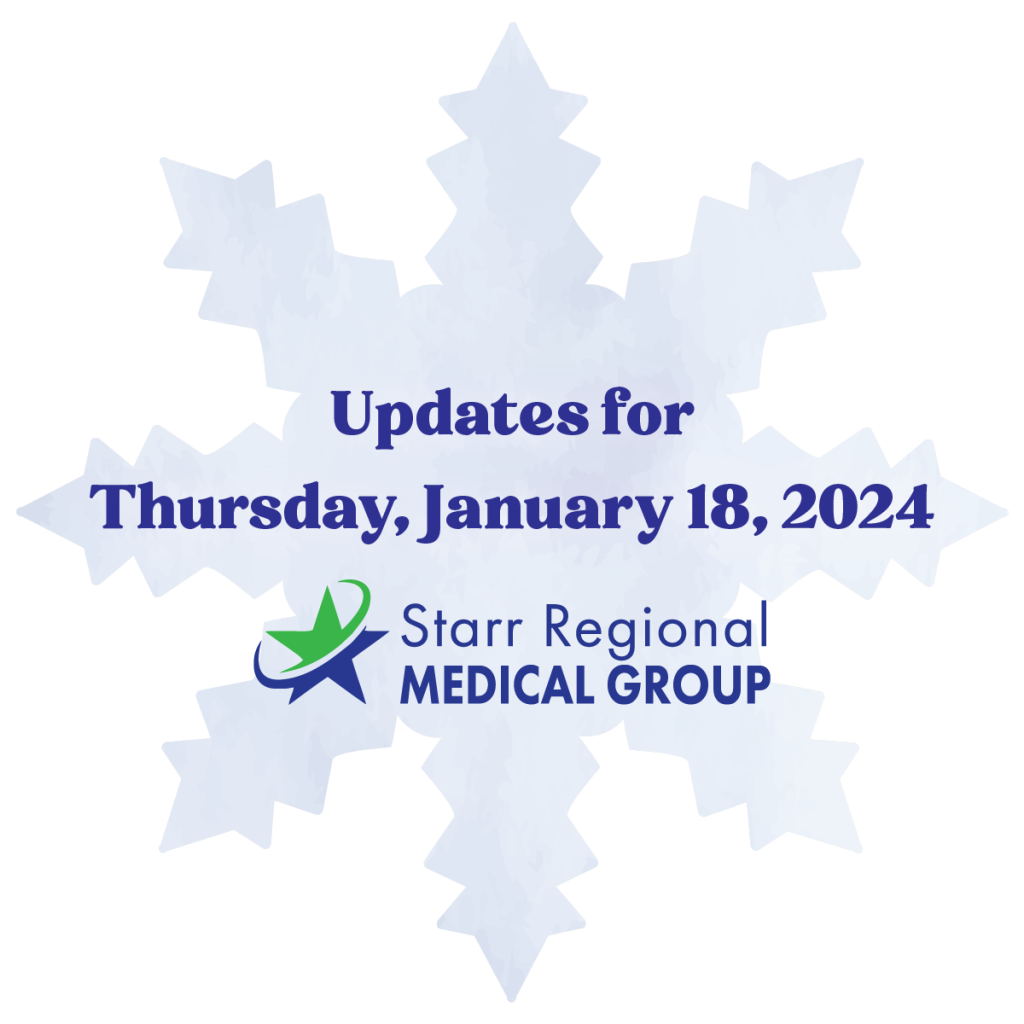
Clinic Closures & Delays
January 17, 2024You can find information regarding closures and delays due to winter weather and road conditions listed here.
Learn more -

Breast Cancer — Be Aware and Take Action
October 02, 2023Breast Cancer Awareness Month is observed nationally every October to raise awareness about the impact of breast cancer, and to provide education regarding the most common symptoms and associated risk factors for the disease.
Learn more -
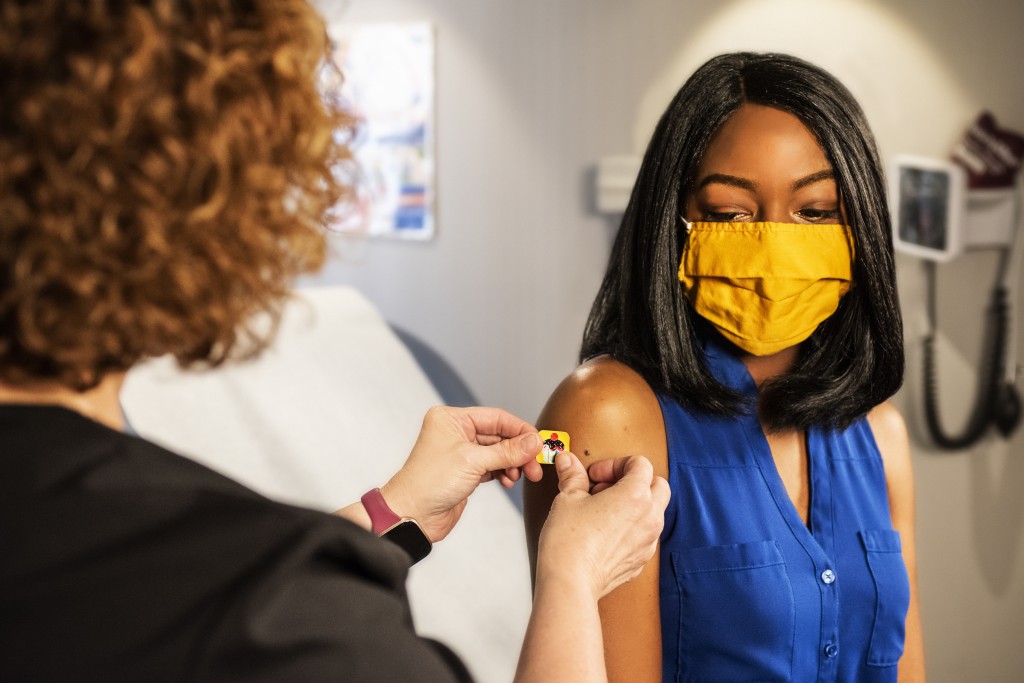
Immunization Awareness Month: COVID-19 and Beyond
August 07, 2023August is National Immunization Awareness Month. Each year, we take this time to recognize that vaccines are essential to our health and the health of our community – a lesson that the past few years have made especially clear.
Learn more -

National Colorectal Cancer Awareness Month: Is It Your Time for a Colonoscopy?
March 02, 2023The '80s and '90s were a legendary time for cinema, with the release of some of the most well-known movies to date, including Thelma & Louise, Forrest Gump, Clueless, Space Jam, Titanic and the list goes on. But if these renowned pieces of pop culture were introduced to the big screen during your teenage years, it might be time to consider a different kind of screening – a colonoscopy.
Learn more -

New Year, New You: Four Tips for a Healthy Start to 2023
January 06, 2023The beginning of a new year symbolizes a fresh start and, for many of us, it provides a renewed focus on our overall health and wellbeing. That’s why so many of us set New Year’s resolutions intended to improve our wellness.
Learn more -
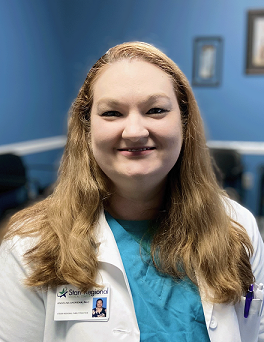
Starr Regional Medical Group welcomes Angelina Sheridan, PA-C
October 24, 2022Starr Regional Medical Group today announced that Angelina Sheridan, PA-C, has joined its staff and will offer family medicine services to patients in Etowah and the surrounding communities. Sheridan is a board-certified physician assistant.
Learn more -

Count on Us, Men
June 08, 2022By: Anthony Gordon, PA-C, Starr Regional Medical Center and Starr Convenient Care - Charleston It probably comes as no surprise that there are notable differences in the health of men compared to women. But when you take a closer look at the statistics outlining this health disparity, it can be quite alarming. For example, the average lifespan for men is about five years…
Learn more -
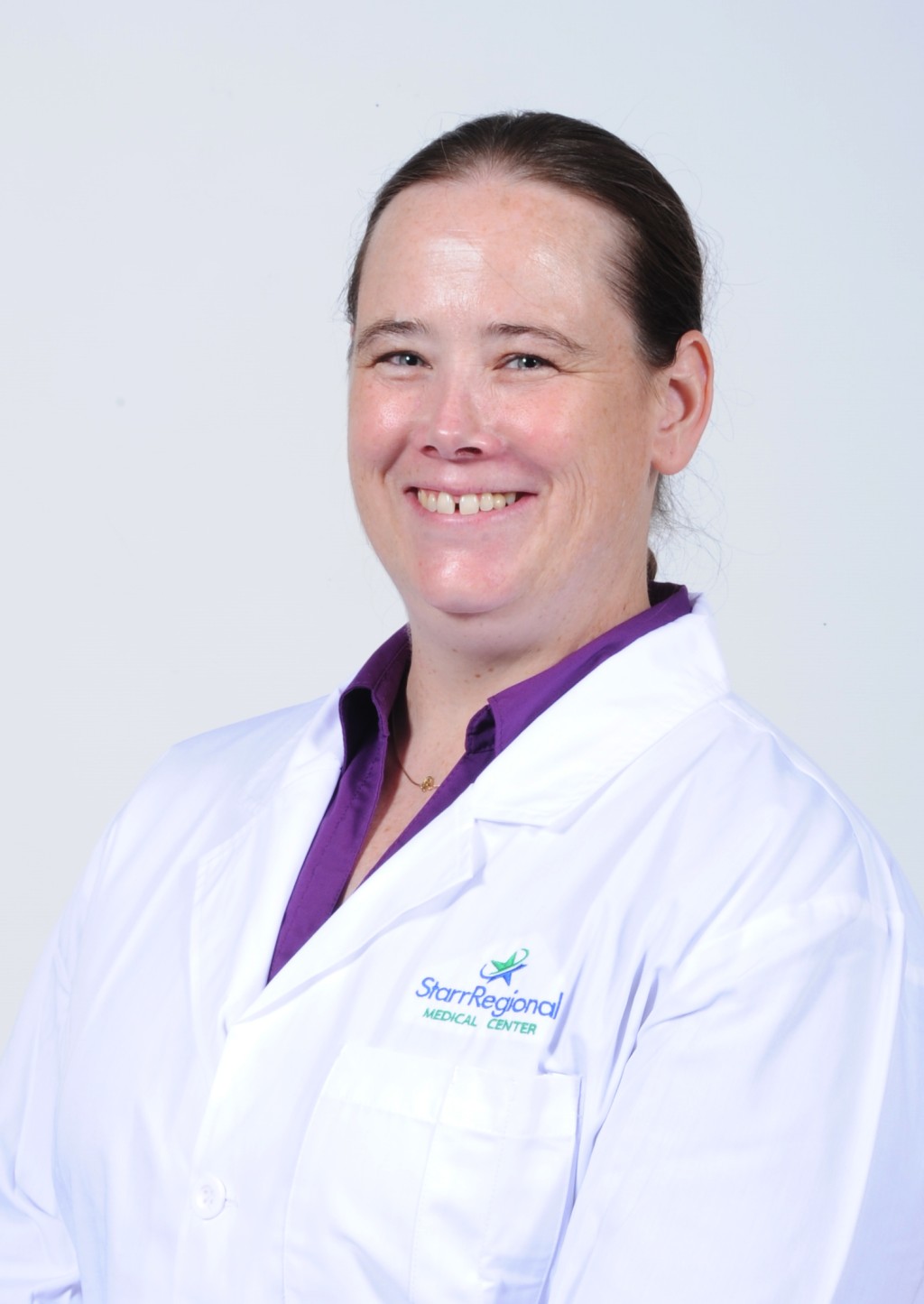
A is for April…and Allergies: What to Do When Allergens Attack
April 12, 2022by Katherine Hall, MD, Athens Family Practice Did you know that – according to the Asthma and Allergy Foundation of America – more than 50 million Americans suffer from a type of allergy each year? That makes allergies the sixth leading cause of chronic illness in the U.S. And seasonal allergies account for a big percentage of that. An allergen is something…
Learn more -

Starr Regional Medical Group welcomes Anthony Gordon, PA-C
April 12, 2022Starr Regional Medical Group today announced that Anthony Gordon, PA-C, has joined its staff and will offer primary care and urgent care services to patients in Charleston and the surrounding communities at Starr Convenient Care - Charleston. Gordon is a board-certified physician assistant. “Anthony has experience and training in treating a range of acute and…
Learn more -
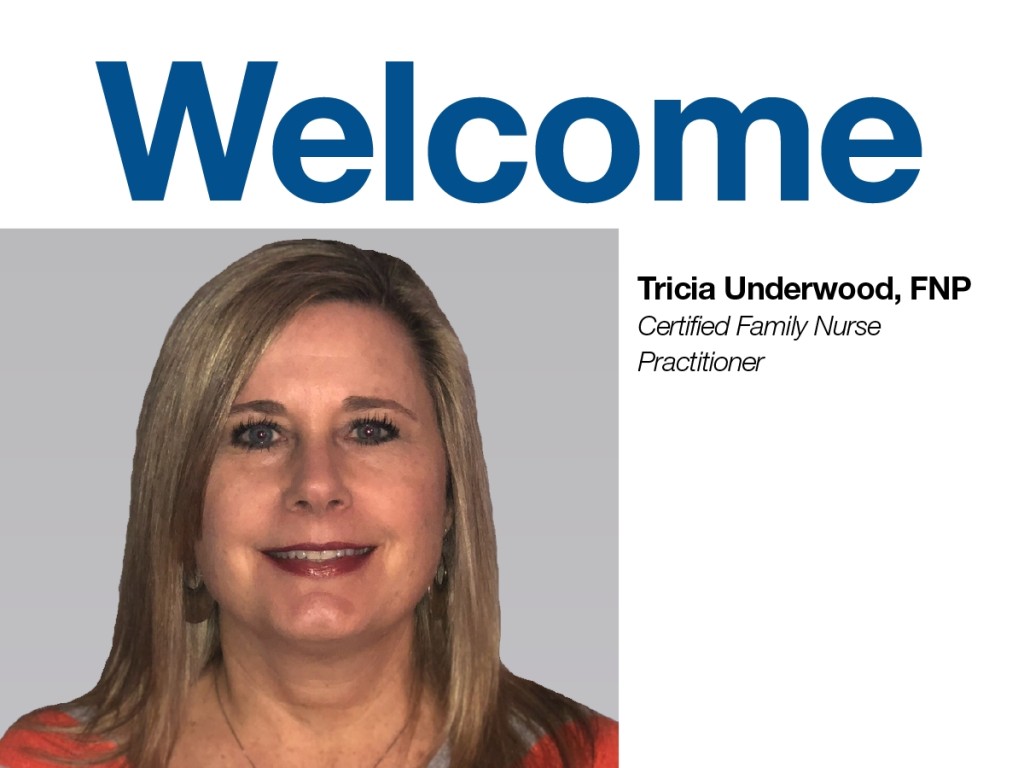
Athens Family Practice welcomes Tricia Underwood, FNP
January 18, 2022Athens Family Practice announced that Tricia Underwood, FNP, has joined its staff and will offer family health services to patients in Athens and the surrounding communities. Underwood is a certified family nurse practitioner. Underwood graduated from the University of Tennessee at Chattanooga with a Master of Science in Nursing with a concentration as a family nurse…
Learn more
